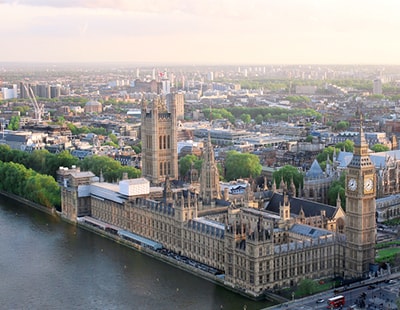
Agents have spoken out angrily against any uncertainty in the market caused by government leaks about future stamp duty changes.
In recent days many national newspapers have reported that Chancellor Rishi Sunak will tomorrow reveal the principles of a stamp duty change – either a six month holiday, or selected short-term changes at the mid and lower end of the market.
But most of the government leaks say this change will merely be discussed in Sunak’s announcement tomorrow, but not actually introduced until the Budget in the autumn.
This has led to widespread concern that the uncertainty will damage the market’s recovery over the summer as buyers wait to see if they have to pay less duty – or none at all – later.
“Please either announce that you are changing it one way or another. Please don’t say you are thinking about it or it may be introduced in a few months. Otherwise, you will stop the market in its tracks as buyers and sellers wait to see what will happen before making decisions and you will kill off any or much of the growing increase in activity we have seen since lockdown restrictions were eased” explains Jeremy Leaf, former chair of the residential faculty off the RICS and the owner of his own London estate agency.
Stacks Property Search, a buying agency, tweeted yesterday: “More uncertainty and a brake on the market as buyers wait for the autumn?”
And a statement from Tom Bill – head of UK residential research at Knight Frank – said: “The government understands that moving house has far-reaching benefits for the UK economy and this may form part of a wider re-think of property taxation that recognises this strategically important role. However, it would need to be introduced immediately to prevent buyers from putting plans on hold and losing the momentum that has built since the market re-opened.”
Other industry figures are concerned that the suggested changes – which, if they come to pass, would apply almost wholly at the middle and lower end of the market – do not go far enough.
Tomer Aboody, director of property lender MT Finance, says: “The [stamp duty] threshold for higher-end properties – £1m plus – is still at extraordinarily high levels, which prevent many from selling or buying. While giving a stamp duty holiday at entry level, why not also reduce the higher-end stamp duty to previous levels where it was a set amount? This would allow, even for a short period, for the market to evolve, and for buyers to move up and down the ladder more easily.”
Aboody also calls for downsizers to have a stamp duty perk to encourage greater mobility in the market.
Last summer Johnson himself said during his Tory leadership campaign that he would consider raising the stamp duty threshold from £125,000 to £500,000 and cutting the top SDLT rate from 12 to seven per cent.
At around the same time the new Chancellor, Sajid Javid, made clear in media interviews that he too wanted a reform of the tax – although his initial suggestion that the burden could be shifted from buyer to seller was later denied.
By the time of December’s General Election the only firm commitment regarding stamp duty in the Conservative manifesto was to create a three per cent stamp duty surcharge on non-UK resident buyers.
